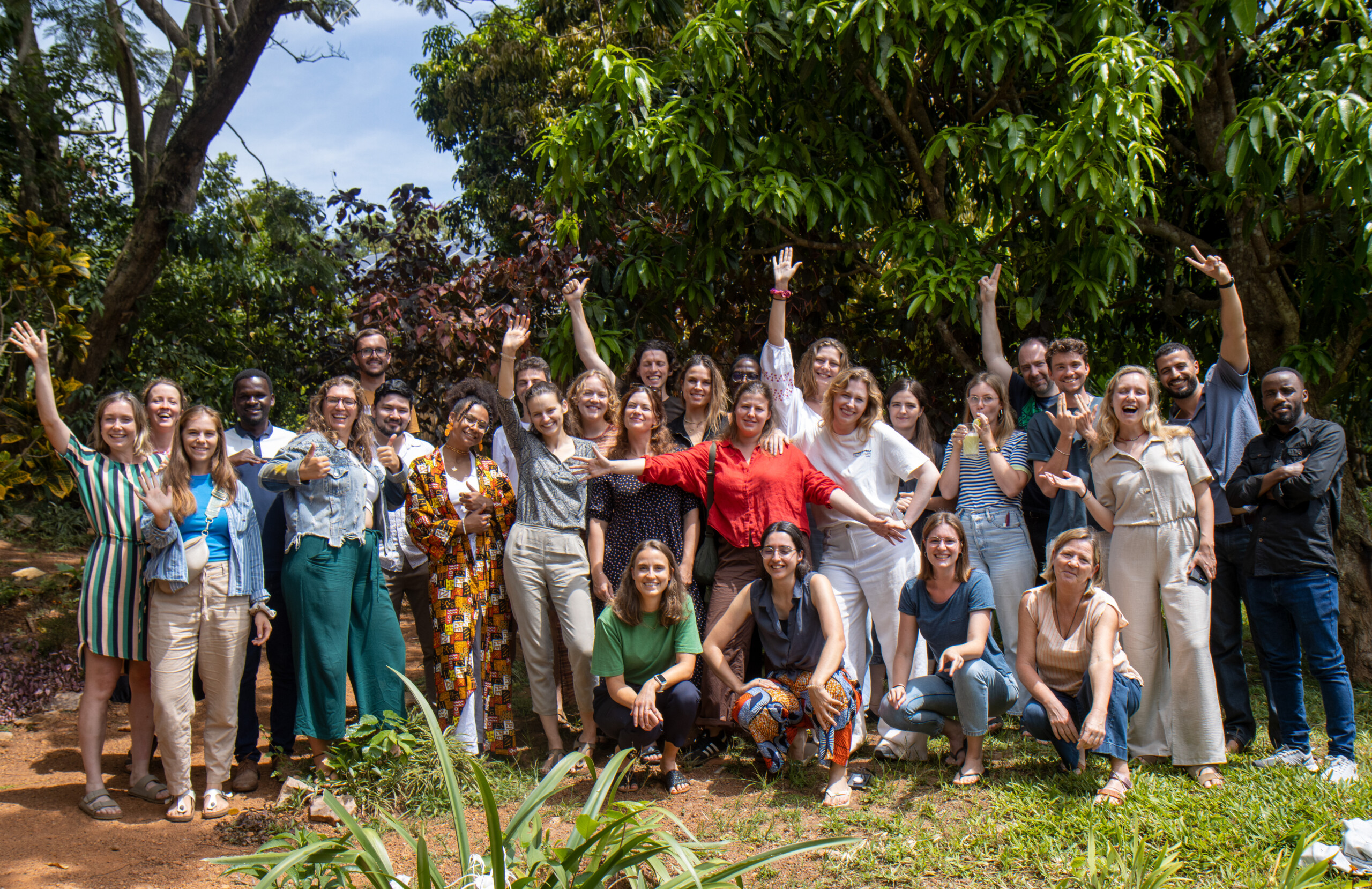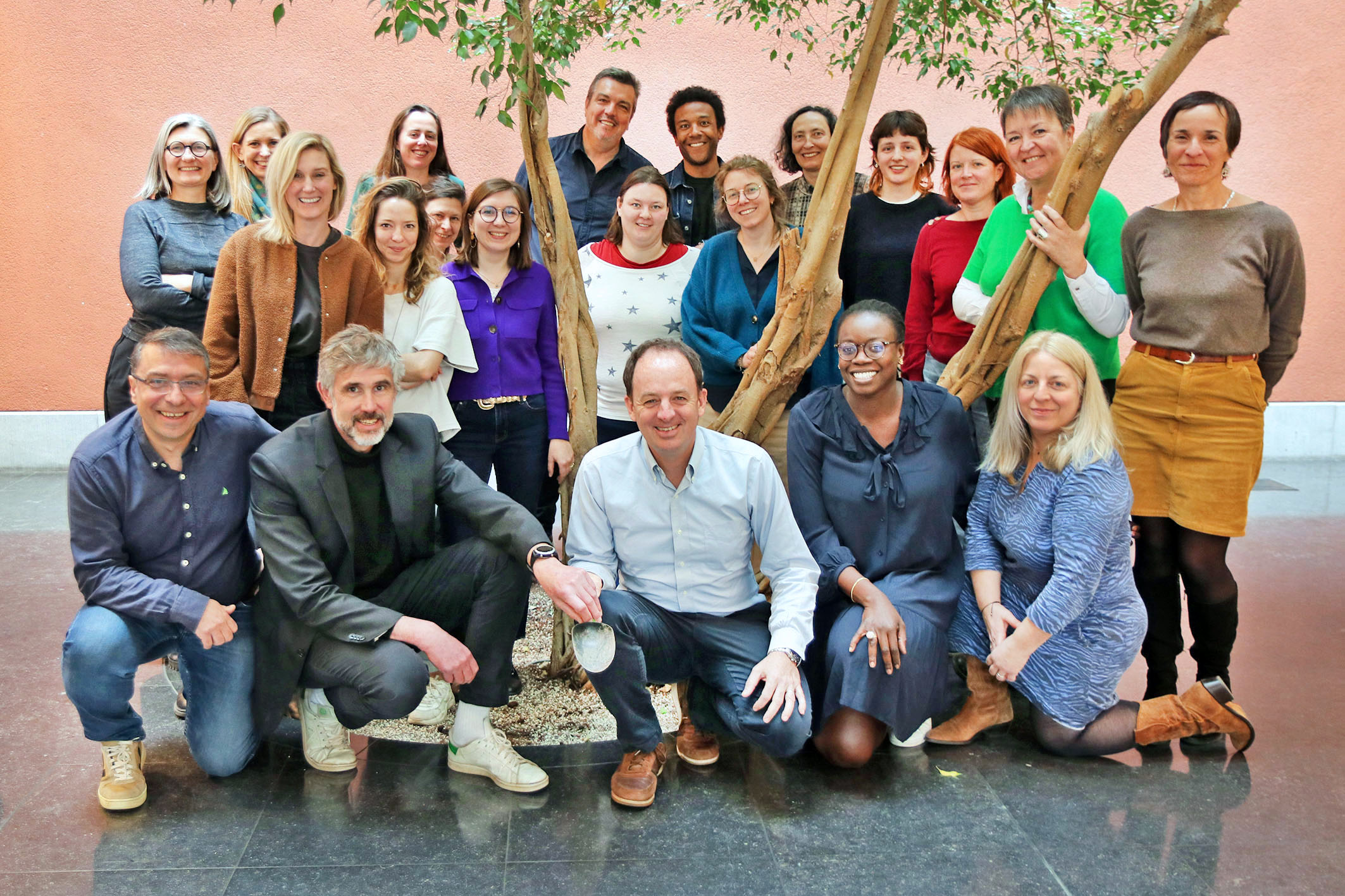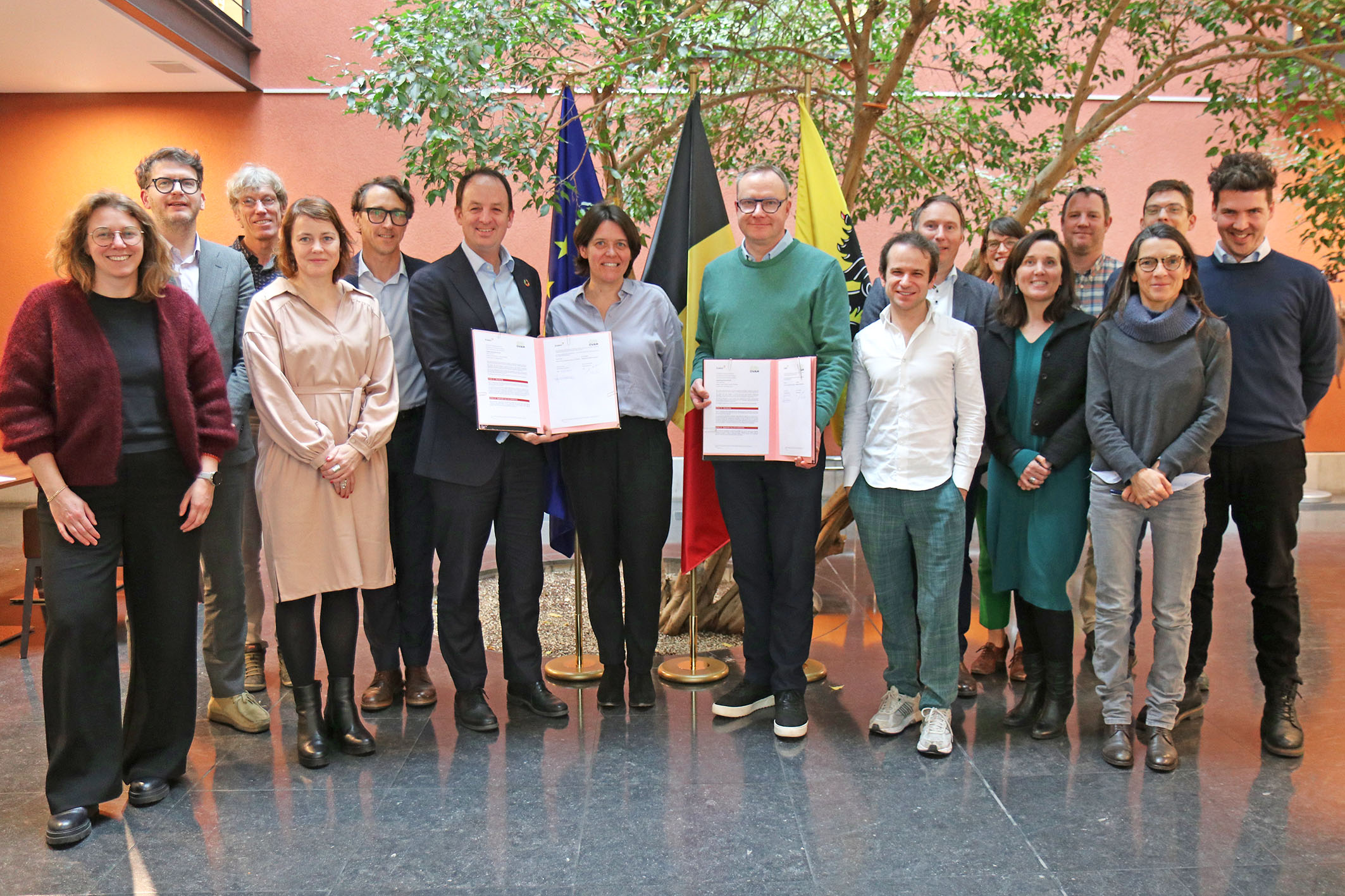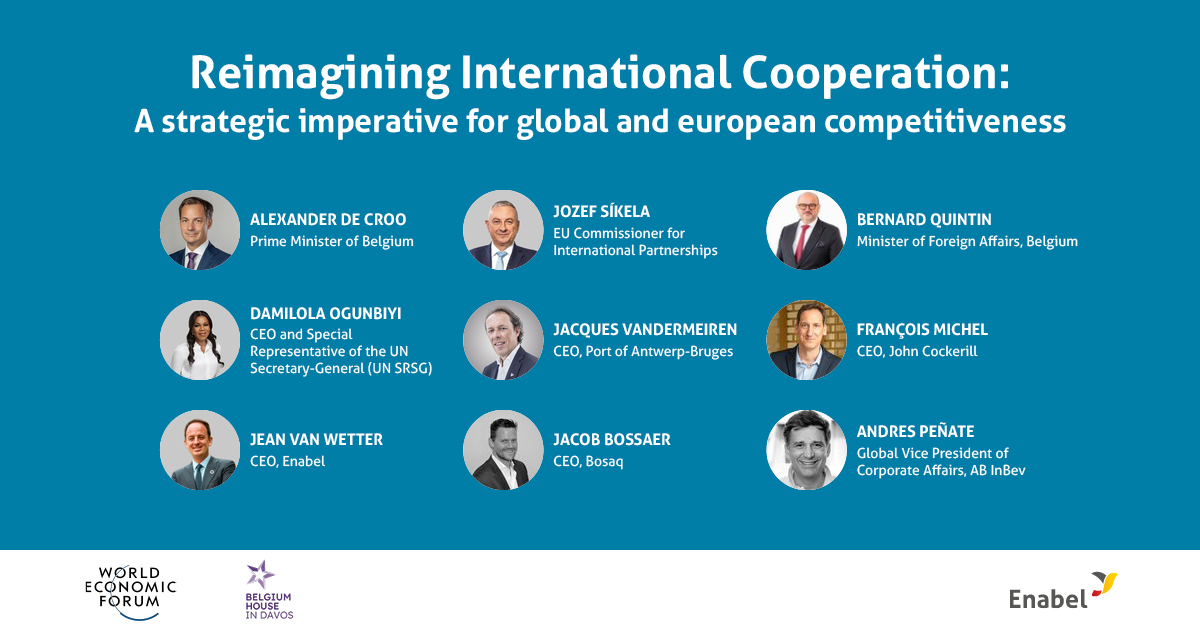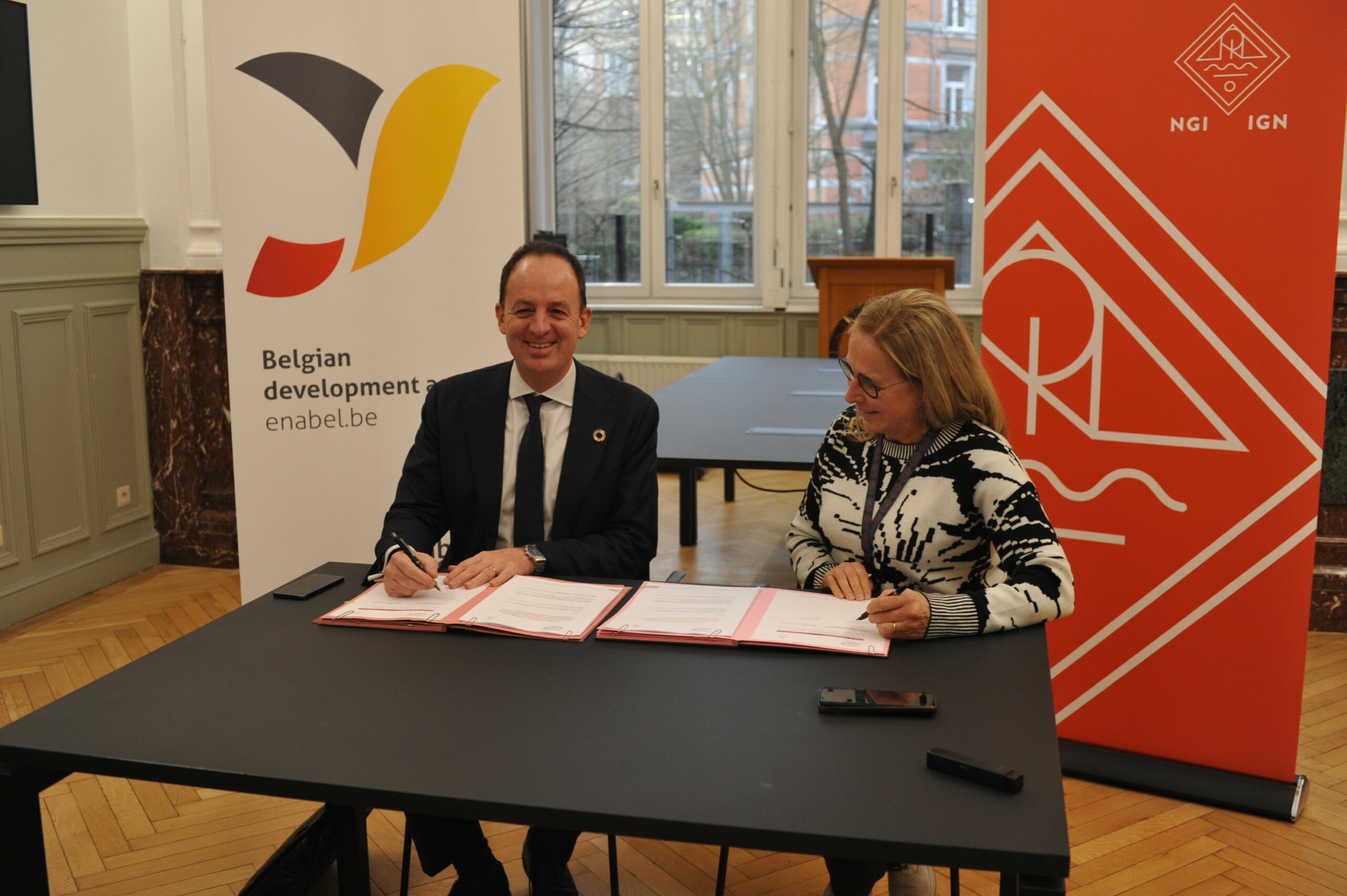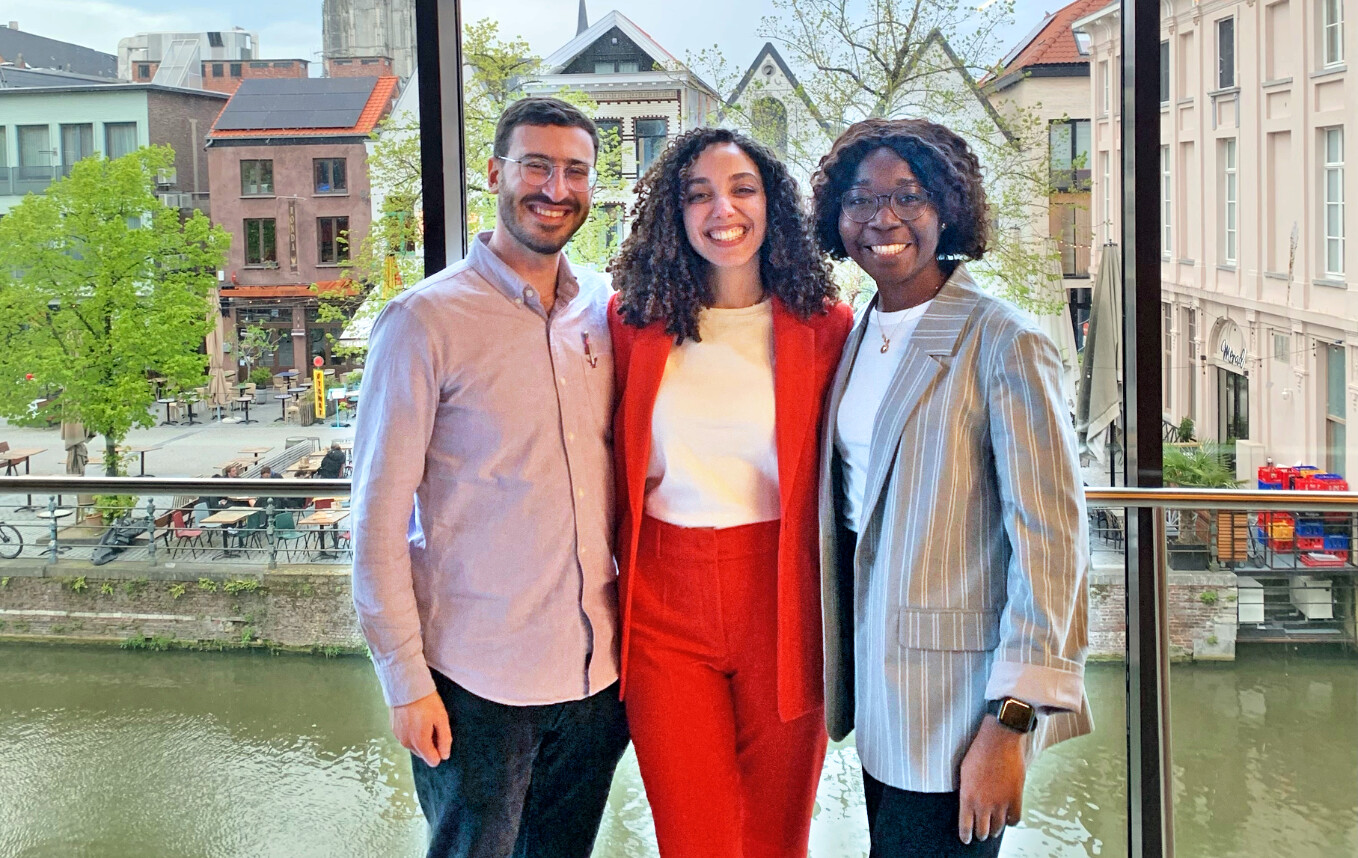Better Healthcare for Mozambicans

Discover PFM4SD through my personal journey
I am Lara Gani. I joined Enabel on the 1st of August 2022 as a junior expert data analyst in the project Public Financial Management for Service Delivery (PFM4SD) in Mozambique. I want to present the project I work for, its reason d’etre, how it works and the things we do.
I would like to walk you through my discovery of PFM4SD, share my personal experience and show the steps I have been taking to date.
I hope you will see how objectives, ways of pursuing them and products became aligned while I was being trained and working. Finally, I hope that by the end of this journey, I’ll be able to make you feel inspired, as much as I have been by the approach of the project, which goes beyond what we do and produce.
During my first briefing a few weeks before I officially started to work, I was introduced to the basics of our project and how we wanted to help the Ministry of Health (MoH° in Mozambique to take decisions with the largest evidence possible linking budget data with health service output. This means that the project fosters the MoH’s transition towards becoming a data-driven institution. In this way the Ministry can increase efficiency and effectiveness of service delivery, ultimately benefitting the population at large.
While this should have been clear enough, the more I saw what the project was doing, the more everything became clearer.

Follow me in this discovery of PFM4SD
My first activity was to assist employees at the Ministry of Health with learning how to use Excel for data analysis and the importance of taking decisions based on the information extracted from the data they already had.
Later, I understood that the training we gave went beyond learning Excel. We will find out why a bit further.
During the first month, I also participated in meetings and was introduced to how we wanted to establish and institutionalise mechanisms for Resource Mapping and Expenditure Tracking (RMET). Financing to the Health Sector is very fragmented. There are numerous actors (donors, International NGOs, national implementing NGOs etc.) alongside the government. Proper RMET must cover the government and donors’ funded expenditures.
RMET provides a snapshot of the funding and distribution of resources, thus increasing the visibility of gaps and the possibility of coordination of activities between the Ministry and partners. You can see the RMET’s potential to focus decision making and everyone’s efforts to improve equitable service delivery.
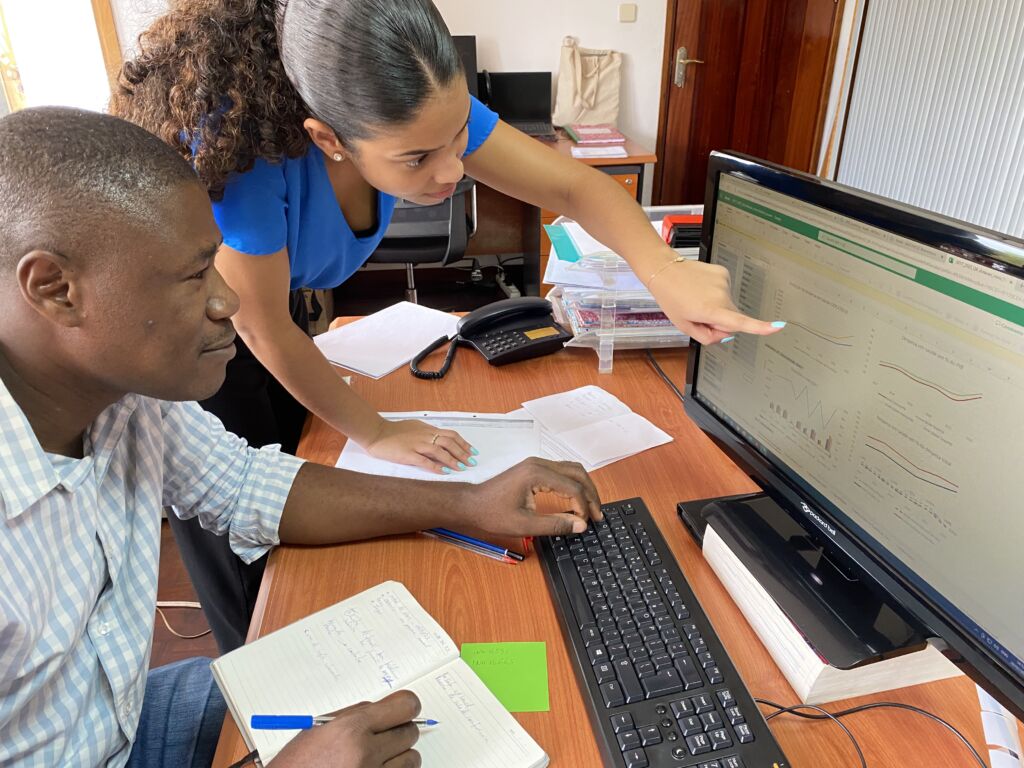
Behavioural change: using new decision-making instruments
I met colleagues from the Global Fund, the Global Financing Facility and the World Bank, who were all interested in the product. I discovered that the project had been working for the previous four years on that, with mixed results and the behavioural change to use the tools as decision-making instruments was limited.
However, the work done and the tools developed were, at this point, readily available to the community of stakeholders, which renewed interest in the topic. The project worked on two tools:
- The MoH, with the assistance of the project, had developed a system to extract information from the data recorded in and by the Integrated Financial Management Information System (e-SISTAFE). Since 2019 the MoH, has had a dynamic database that provides a clear picture of the distribution of funds in the country with granular detail. A tool that, alongside the financial statistics, organised information in visuals to increase usability, ease understanding, and favour decision-making.
- The External Fund Survey (Inquerito de Fundos Externos – IFE) collects information from the actors engaged in the sector. It is designed to map resources and track expenditure to feed the integrated planning, the satellite health accounts, and the medium-term financial framework. Here I worked to extract and organise data in a way that completed the government data.
RMET integrates external financing data (from the External Fund Survey) with budget information and execution data from the government’s e-SISTAFE.
After completing rounds of data collection of the External Fund Survey, in late November 2022, we participated in an integrated planning meeting.
“That is when I grasped how our work came together. The Minister mentioned how the integrated planning objective was to find out “who is doing what, when and with which resources”. This objective echoed the External Fund Survey research questions of the project: responding to those questions is key to avoid duplication of projects and increase efficiency in the use of funds. From capacitating the ministry members to collecting info from donors, the puzzle was coming into place.”
We were preparing the ground by setting the steppingstones for satisfying the interest of all stakeholders (central level Ministry, Provincial governments, donors, NGOs and implementers) in planning, having a clear, complete picture of the financing in the sector with geographic detail, based on evidence, and with a focus on service delivery.
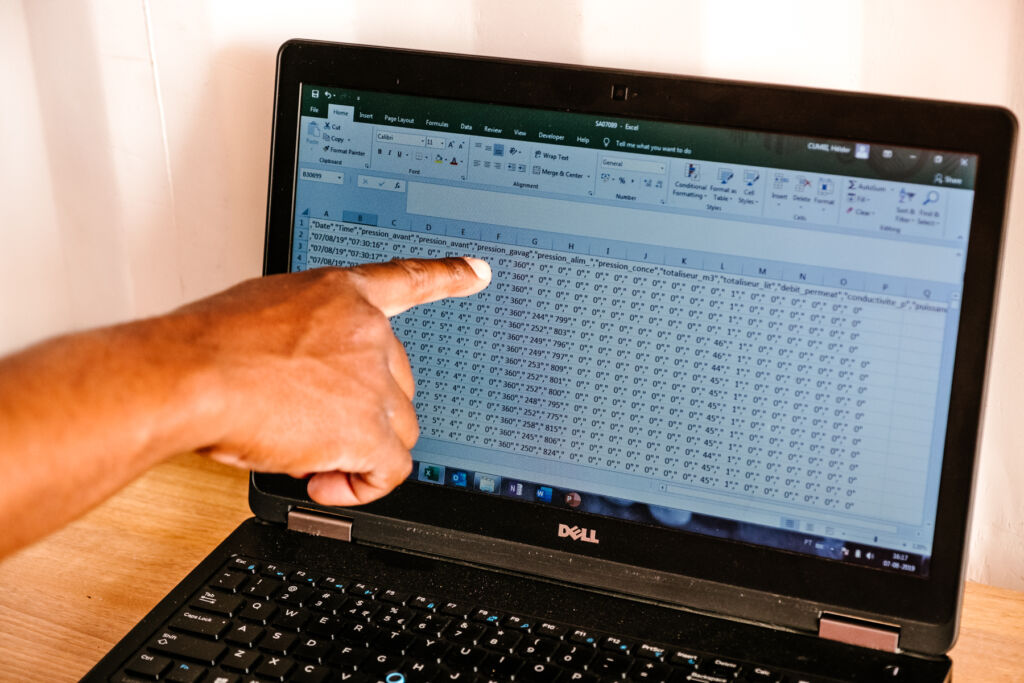
Stimulate curiosity for data analysis
Developing data analysis capacity at the Ministry through Excel training now made sense. The project seeks to stimulate curiosity for data analysis, for the Ministry to know what data is useful in their day-to-day management and use it for decision-making.
Personnel need to be well trained and acquire strong skills to feel at ease in handling data, transforming them into information and making managerial decisions. The training in data analysis with Excel is crucial to have the civil servants confident in analysing data and therefore support this data culture.
Public Financial Management is often associated only with compliance and auditing, issues source of friction. Conveying messages related to PFM to non-PFM practitioners can therefore present important communication hurdles. By shifting the perception that PFM is a tool for improving Service Delivery, the project made PFM acceptable to public sector managers concerned with health outcomes.
The project created a communication strategy to overcome communication barriers. Because we work with data, we distil the information and present it in an easy-to-understand format, focused on the audience’s needs with limited to no additional explanation. For example, we use heatmaps to present the information extracted from the databases as powerful visuals for strategic analysis highlighting resource distribution patterns.
“The project wants to create an environment in which decisions of planning, budgeting, and policy formulation and the dialogue between the Ministry and donors are based on actual data and in which projection of funds stirs the strategic use of resources.”
The project wants to achieve this objective by fostering the MoH’s (and the sector’s) transition towards becoming a data-driven institution.
For this reason, the project, on the one hand, trains MoH staff to ensure they can handle data and extract information relevant to the management. And on the other hand, it assists in developing a database for mapping resources, tracking expenditure and possibly linking it to output data.
The Government of Flanders chose to finance PFM4SD in a delegated cooperation agreement with Enabel. This agreement granted the project independence and neutrality to foster this transition in the Ministry with the explicit mandate to strengthen the system.
The setting gave the project room to pioneer, innovate the way of thinking and capitalise on the information available and use it to support and sustain the dialogue. It also allowed the project to be seen as technical assistance that really wants to facilitate the dialogue between the Ministry of Health and its Development Partners.
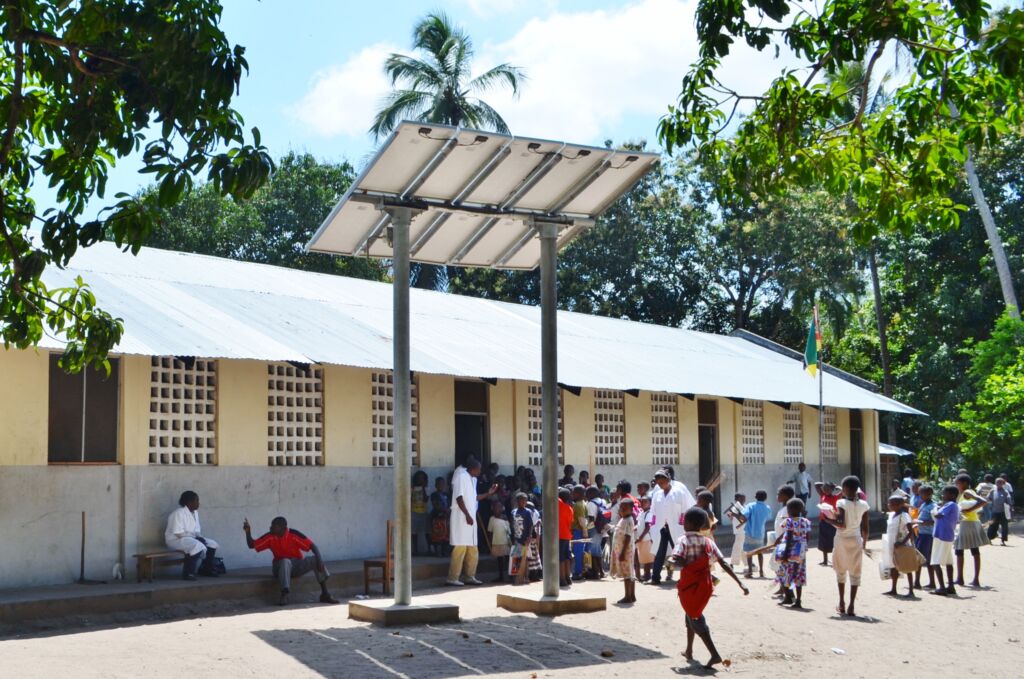
Going beyond traditional public financial management
In a sense, the project is making PFM work for service delivery, going somewhat beyond traditional PFM. The project brings PFM tools into action to serve strategic dialogue, provide data and information, feed efficiency analysis, inform strategic planning and investment, and project future cost and financing needs.
I hope you felt comfortable along this journey with me, and above all, you can now see clearly inside what was once a black box. We will continue to strengthen the link between PFM and service delivery and open discussions on how to overcome planning and budgeting challenges to improve public spending in service delivery.
My discovery of PFM4SD has just begun.
Now that I grasped the dynamics of the project, I want to be part of this behavioural change that chooses to make decisions with the largest evidence possible.
I want to support the cultural process that will materialise this change.
I will continue data crunching – something arguably not appealing to everyone – because I want to support the creation of a data culture.
In this way, MoH and development partners can harmonise their visions and views in a strategic evidence-based dialogue.
Will you join me? Will you support it?

